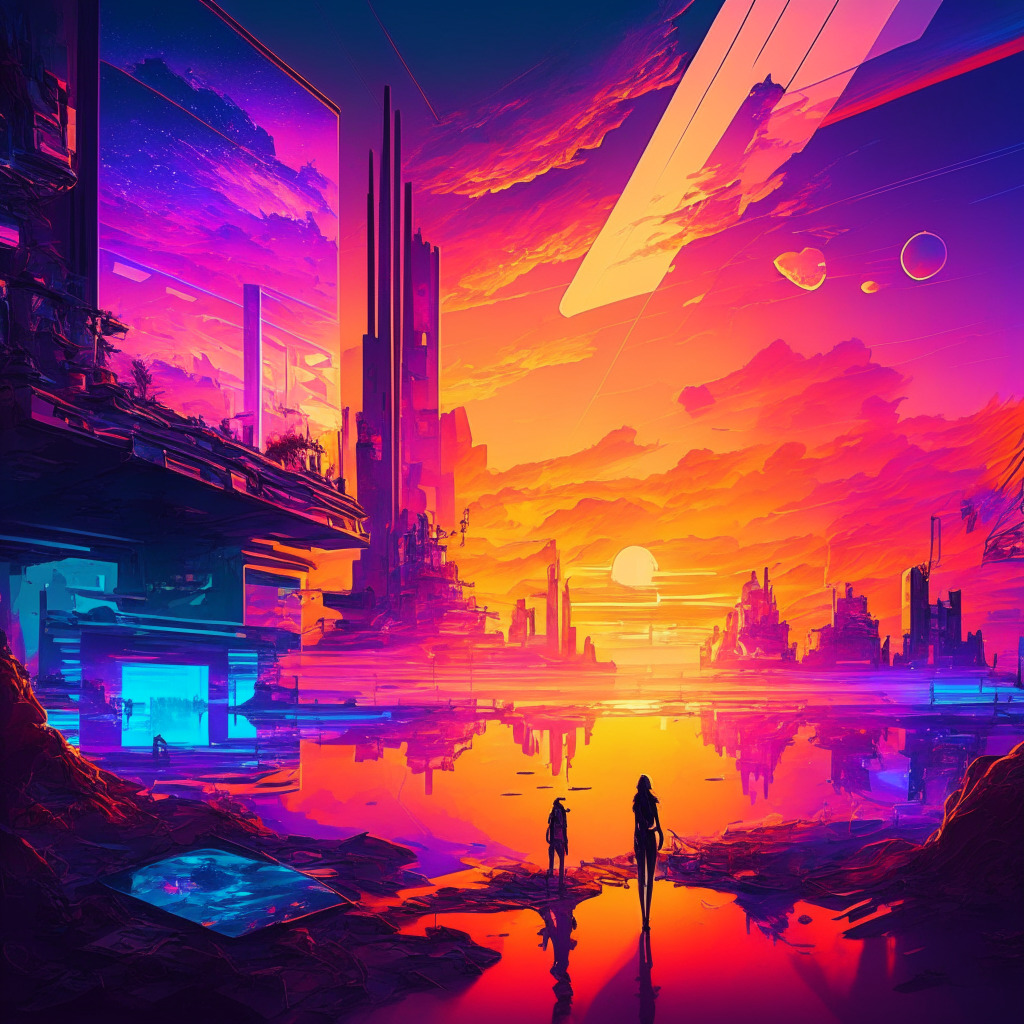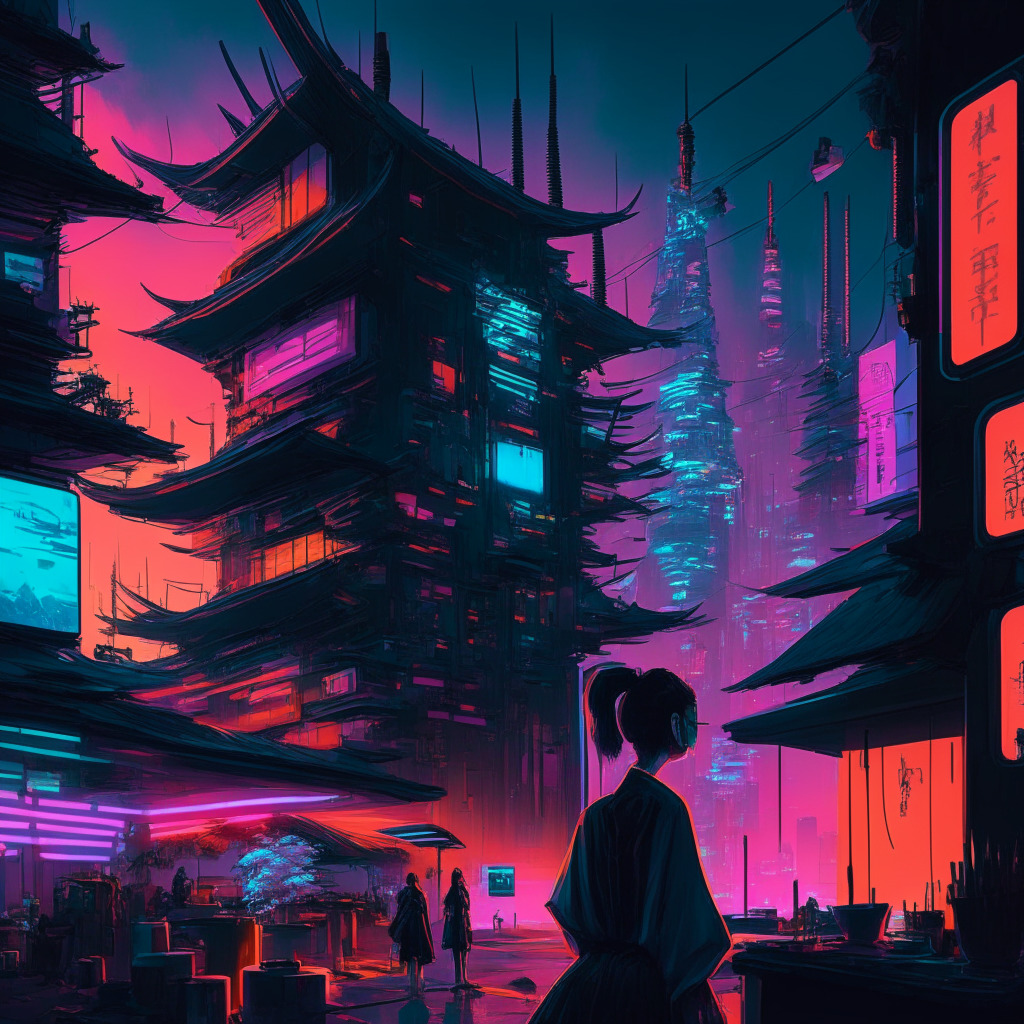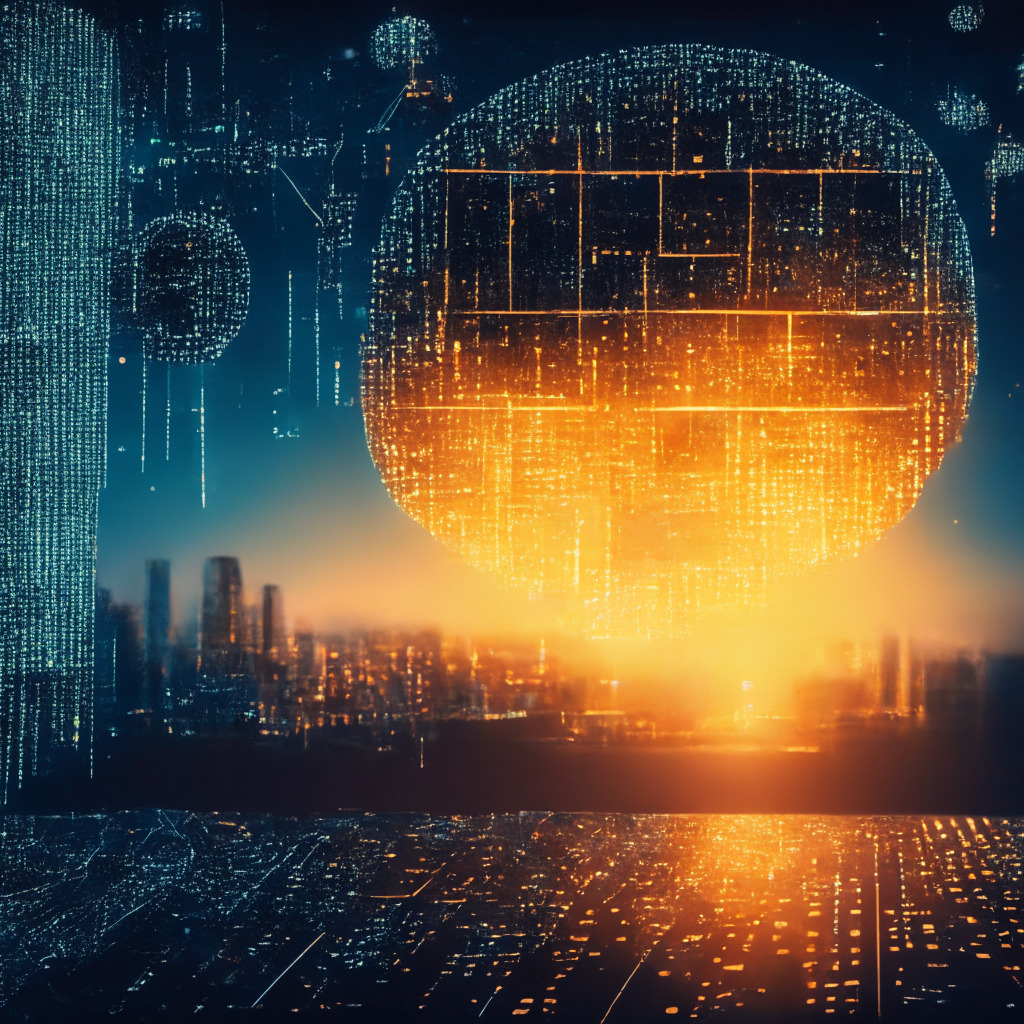The emerging Web3 ecosystem is set to revolutionize the way creators engage with their audience and establish business models. Stepping up from Web1’s read-only approach and Web2’s user-generated content, Web3 aims to enable users to read, write, and own their data. By doing so, it hopes to shift the balance of power away from centralized institutions and towards individual users. At the heart of this new internet vision are privacy, decentralization, and ownership, with an emphasis on returning choice and agency to users.
However, the reality of implementing these lofty ideals has faced setbacks with convoluted execution and tenacious power structures that continue to dictate our digital lives. As developers and users strive for an open metaverse, a shared, decentralized, immersive digital world, questions of ownership and interoperability linger.
A recent survey of Consensus conference attendees revealed a divide in perceptions about the metaverse’s ownership. With 168 respondents, 40% believed that major corporations like Meta will take charge, while another 40% thought that either everyone or no one will lay claim to a unified digital world. Surprisingly, only 19% of participants believed that early adopters with a stake in the metaverse will ultimately own it.
So, what does this uncertainty mean for the hopeful vision of a creator-first digital economy and a Web3 ecosystem built on decentralized technology? It raises questions about the optimal business models that Web3 technology can enable and the type of creator content that will attract consumers to the metaverse. For a shared, interoperable metaverse experience to come to fruition, it must begin with a user base eager to partake in such a collective vision.
The potential of the Web3 ecosystem to enhance creators’ abilities to interact with their audiences and build business models hinges on its capacity to materialize its promise of decentralization, privacy, and ownership. As debates continue concerning the metaverse’s ownership and the role of major corporations in shaping the Web3 landscape, individual users must unite in championing the transformative potential of decentralized technology.
By fostering a sense of ownership and demanding open collaboration, users can play an active role in determining the direction and governance of this new online world. Yet, as ambitious as the ideals of Web3 may be, only time will tell if it can overcome the hurdles posed by current digital power structures and fully deliver an internet focused on empowering the individual.
In conclusion, the ongoing discussions surrounding the metaverse’s proprietorship and optimal business models reveal both the potential and challenges faced by the emerging Web3 ecosystem. As users collectively strive for an open, decentralized metaverse, the dynamic tension between decentralization and existing power structures will undoubtedly shape the future of this transformative digital realm.
Source: Coindesk




